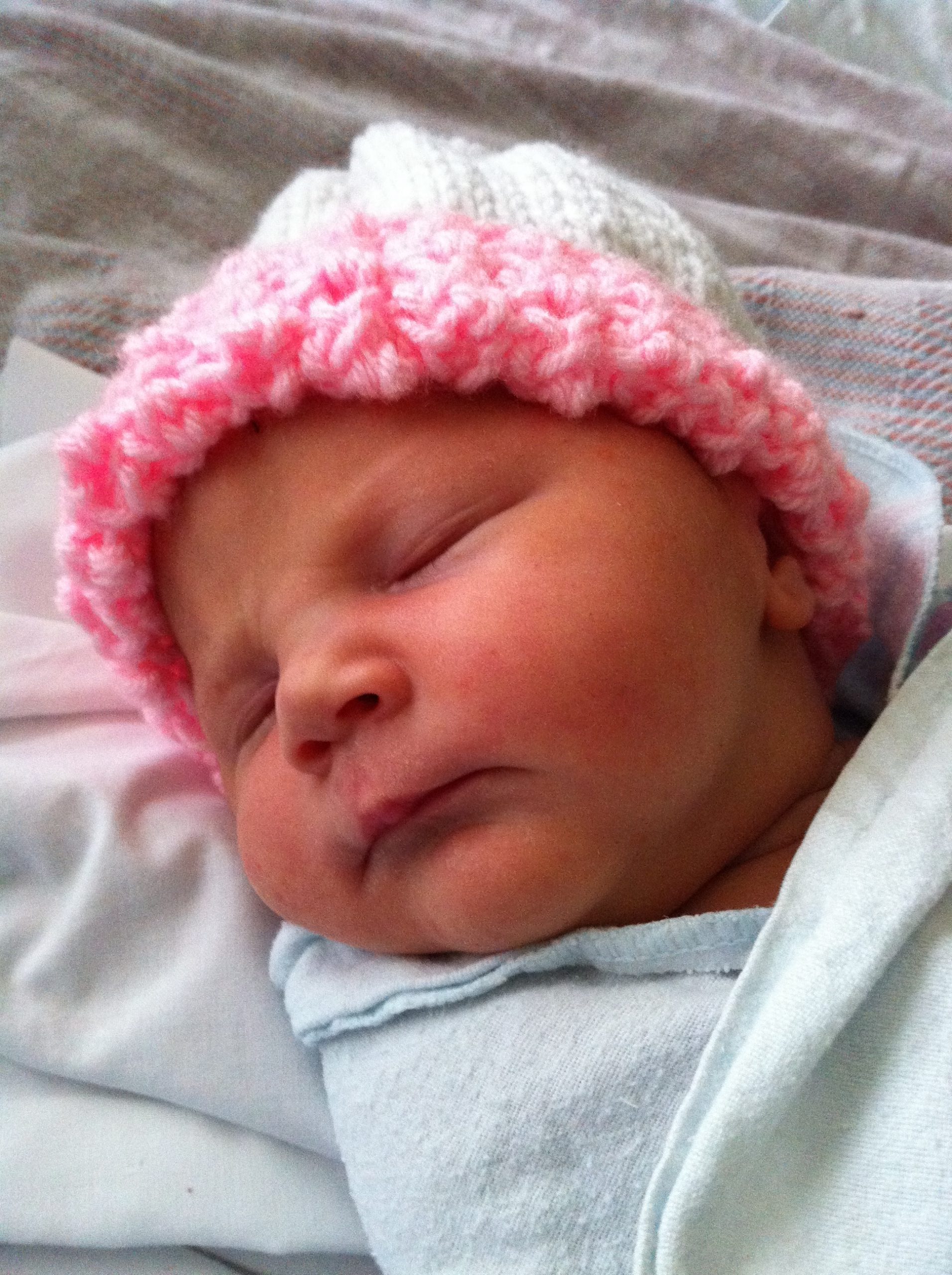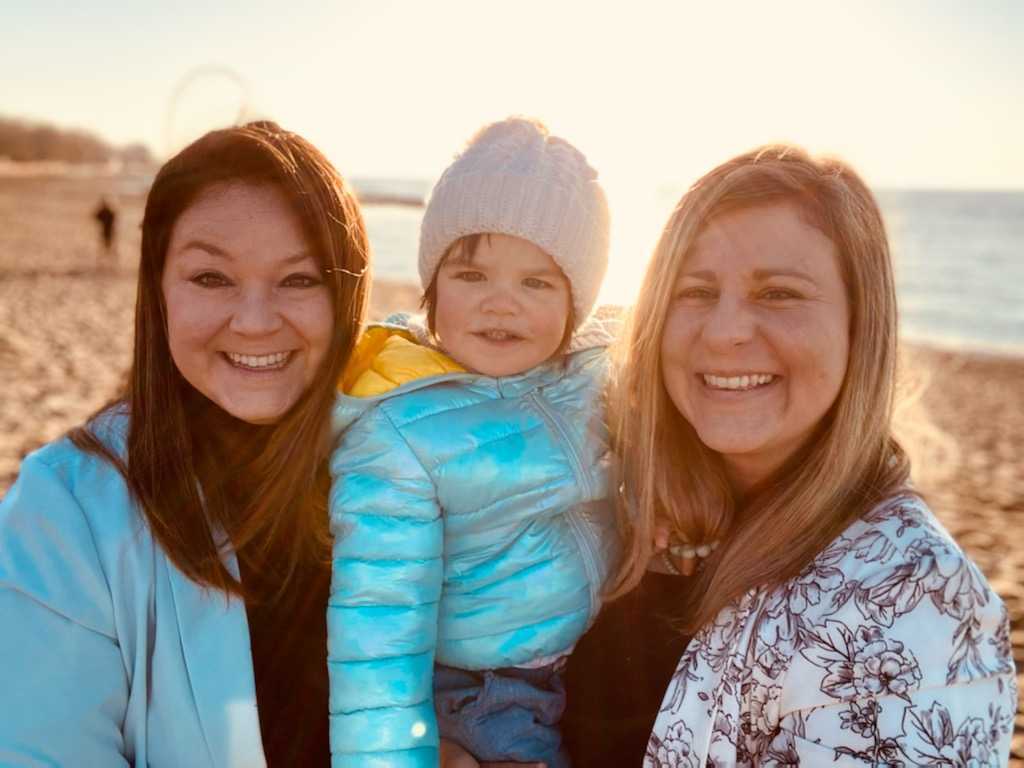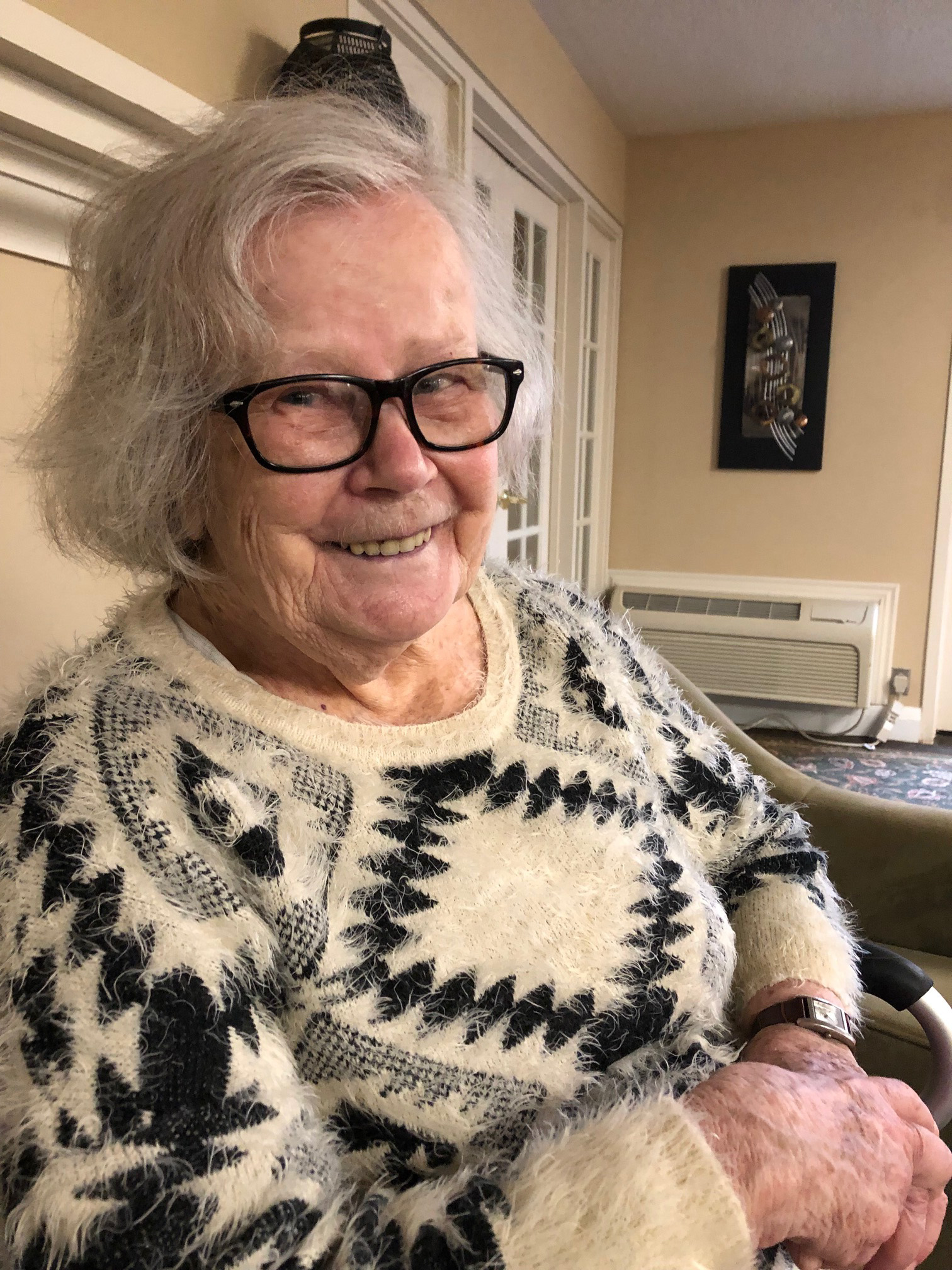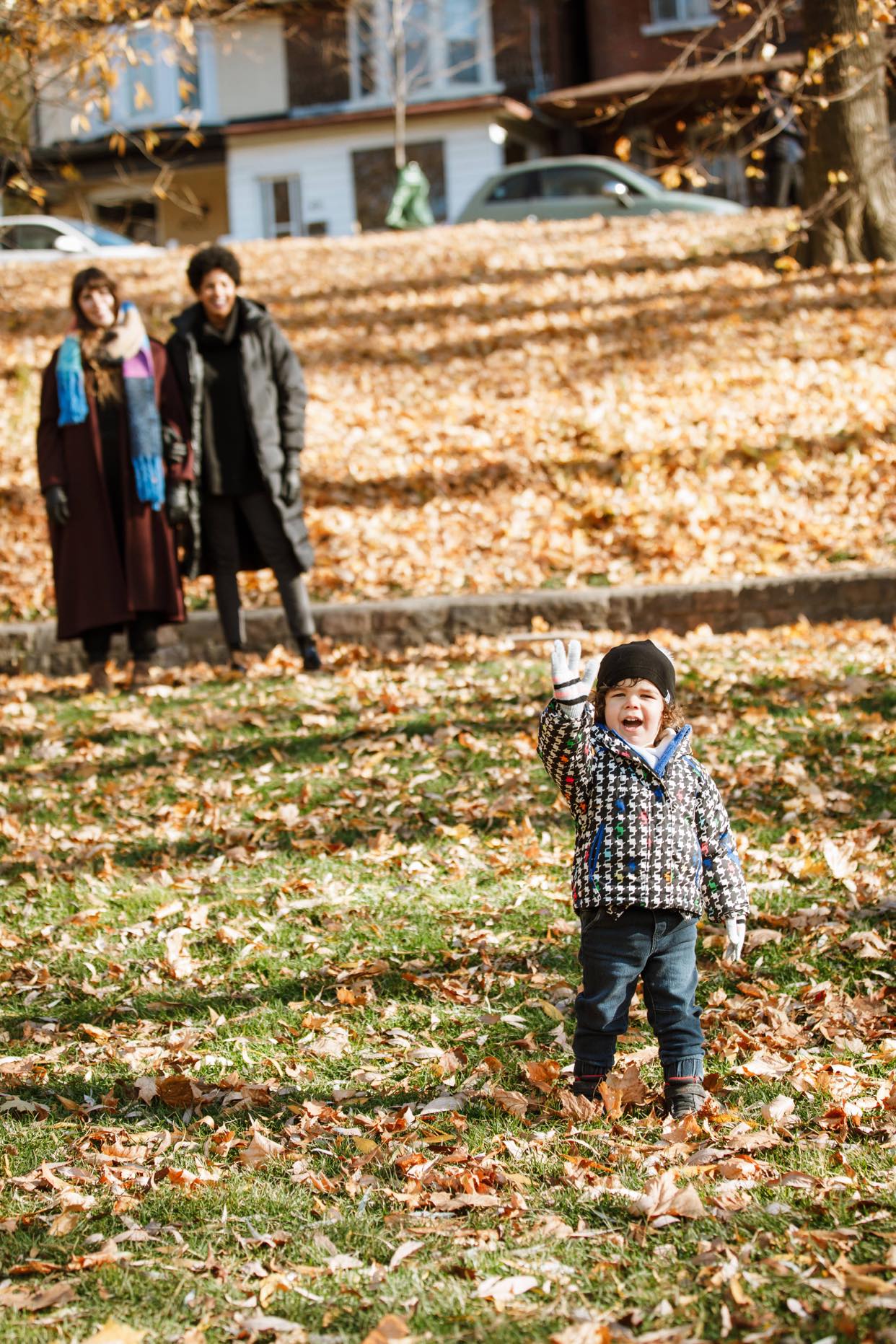Depending on where you are in life, Mother’s Day conjures up the images of elementary school arts and crafts, the tried-and-true breakfast in bed, a fail-proof bouquet of flowers, or a mixture of all three.
But for some, May 9 marks a painful day for families dealing with loss, those unable to conceive, and those without a relationship to a mother figure.
The earliest origins of Mother’s Day trace back to the ancient Greeks and Romans who honoured the mother goddesses Rhea and Cybele with festivals, according to History.com. At one point, Mother’s Day in the U.K. and parts of Europe fell on the fourth Sunday in Lent and marked the return of congregants to their mother, or main neighbourhood church, in celebration.
More on Broadview:
- At 66 years old, I finally decided to search for my biological mother
- Sponsored: Mother’s Day Mission & Service campaign pushes boundaries
- New motherhood prepared me for COVID-19 isolation
The holiday would get another remake amid the American Civil War. That’s when activists like Ann Reeves Jarvis came up with “Mothers’ Friendship Day” as a means to help foster peace between former Union and Confederate soldiers.
Julia Ward Howe took it a step further, calling for a Mothers’ Peace Day beginning in 1872 as an anti-war movement, according to National Geographic.
But the current iteration traces back to Anna Jarvis, the daughter of Ann Reeves Jarvis. Following the death of her own mom, Anna came up with Mother’s Day to honour the sacrifices mothers made for their children. U.S. President Woodrow Wilson eventually made the day an official holiday in 1914 with a federal measure. It became the de facto celebration in U.S. and Canada and an immediate hit with retailers to sell flowers, sweets, and other gifts in the decades to come.
While the commercialization of Mother’s Day has kept up into 2021, the people it’s meant to celebrate has not, usually defaulting to the dated norm of a single mother, a single father and at least one child. This often leaves out same-sex couples, polyamorous families, and others asked to raise children, like grandparents, from the holiday.
Also absent from the conversation are families who have dealt with the loss of a mother or a child, with the day serving as a hurtful reminder of that void. While there’s certainly space to keep the celebration in the occasion, Broadview chatted with some mothers below on what else they would like to see the holiday include.
Rev. Sarah Fanning, Lacombe, Alta.
“We have two living children and I phrase it that way deliberately. Our eldest is almost 16 and our younger is going on seven. In between them, we welcomed our daughter, Heather, in 2010 and she died very suddenly, very unexpectedly. She lived to be two days old.”

“Mother’s Day before this was complicated but this just added another layer to this. I love our children, I celebrate them but there’s always a piece missing. And it makes it so incredibly difficult to navigate what I call the ‘Hallmark expectations’.”
“I use the word ‘Hallmark’ because we paint this idyllic, I think, unreachable of what motherhood looks like and what family looks like. And it’s hard. And it sucks. And I haven’t been able to give my seven-year-old a hug in the last week because of COVID. That’s wrong.”
“I long for more openness… [Motherhood] has lots of moments of joy and delight and what have you but also lots of moments of sorrow and I worry that sometimes we gloss over the sorrow, the hardness, and — pardon me — the shittiness and we hold this ideal up and when we don’t meet it, that’s when I see the hurt happening.”
WATCH: United Church Mother’s Day campaign aims to expand ideas about motherhood
Rev. Sarah Chapman, Toronto

“It took us about five years to have Ruby and there was a lot of loss and heartache throughout that for both of us, which is sort of unique, and a lot of navigating the world of fertility and trying different things. We had an incredible community that supported us through a lot of hard, sad years.
“I carried Ruby and now she’s 18 months now and we’re just so grateful she’s here. There was so much sadness and it’s wonderful to feel joy now but it doesn’t erase all of that so we have a lot of compassion for people who feel sad right now, like we did, especially around a day like Mother’s Day.
“My wife and I are preaching on Mother’s Day and it used to be a Sunday that I would always take off from church but now that Ruby is here, I can lean into it a bit more. Both of us are trying to lift up the diversity of families and also some people who are really struggling on that day so naming that in our sermons is really important to us.”
Rev. Ingrid Brown, Comox, B.C.

“My grandmother passed away in January from COVID-19 — she was in Toronto and we’re in B.C. — and because of travel restrictions and escalating case numbers and we haven’t done a service. We haven’t really been able to honour her life and her legacy as the matriarch of our family.”
“Culturally, we paint Mother’s Day as ‘get mom flowers and make her breakfast in bed.’ But that’s not the reality for so many of us and I think Mother’s Day holds a lot of sorrow.”
“I know there’s a push towards Christian Family Sunday and while I think that is good and important, I think that keeping Mother’s Day as Mother’s Day and honouring that for some of us as a place of grief and grieving the mother we had and loved, but passed, or for the mother we didn’t have, or the mother we can’t be. The church has always been a place where we can lament. We can lament. It’s okay and in fact, right, for the church to hold joy and celebration and gratitude, along with joy and sorrow and suffering around mothering in all its different forms.”
Ali Carson, Greater Toronto Area

“There’s no question that I love my mother. But I have grown up now recognizing how many different ways there are to be a mother. The act of mothering is far more important than the title of ‘mother.’ There are caregivers, there are grandparents and non-conforming families. We have a mummy and a momma and my son has no problem wrapping his head around that, although there are still people in society who raise an eyebrow or some form of that.”
“I would love to see more fill-in-the-blank style cards and ways to acknowledge the role and value that we are currently putting under the term “mother” and expanding it. Within my family, we have two moms but we have many iterations of family and having cards, films, and commercials that reflect that would be just the cultural tip of the iceberg.”
Interviews have been condensed and edited for length and clarity.
















Re: “inclusive Mother’s Day”:
When the Covid-19 pandemic is over I hope to throw a party for myself and other women who are not mothers, either by chance or design. People always assume that women of a certain age have kids and grandkids and when they find out you don’t, they’re nonplussed, or express sympathy! Or they ask why. I say, “I just never got around to it,” when actually I mean, “It’s none of your business.”
Actually it’s pretty easy to ignore these commercial holidays.
I have fond memories of my mother but wouldn’t want to have had her life. I am thankful for the many kind women, who, over the years, helped me pursue my goals and aspirations. Some of them had children and some did not.
Perhaps (while we’re on topic) we should figure out how to make Valentine’s day, Thanksgiving, Christmas and Easter more inclusive as well.
I mean, if a farmer has a bad crop year, he isn’t so thankful, and celebrating that day would hurt his feelings.
Those who have had relationships broken just after the New Year, will certainly be disgruntled on February 14th.
We are catering to a minority of people who have made life choices. For those who have lost parents, include them in your family (as instructed by God), and they will appreciate you on these special days as well.
How do you celebrate Sunday when God lets you down? Perhaps by getting rid of church services.